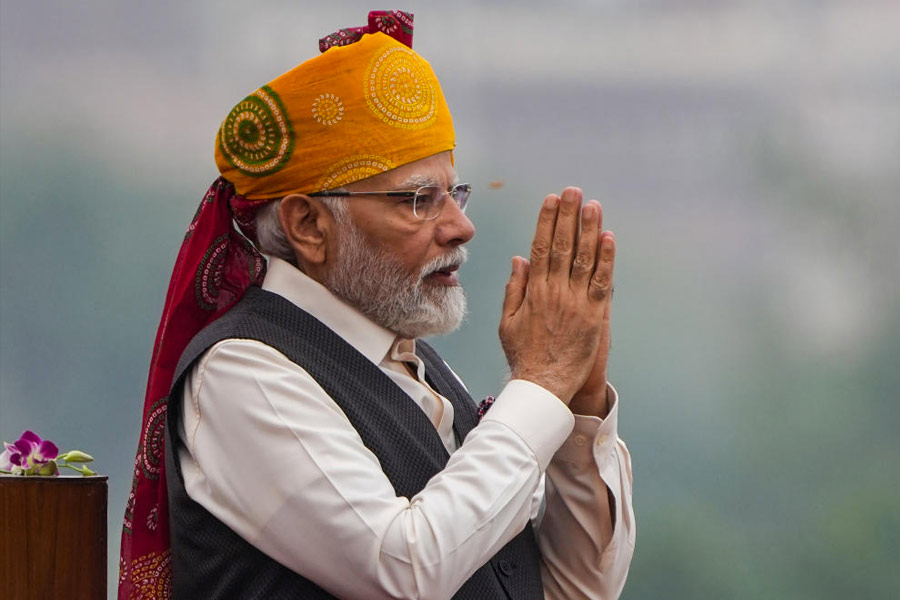The Narendra Modi government’s narrative of normalcy in Jammu and Kashmir has come under strain, once again; this time, from the emerging glimpses of the frightening tentacles of the Valley’s burgeoning drug addiction problem. A set of news reports has revealed the scale and the depth of the contagion and the figures are chilling — over a year, the number of patients visiting the out patient department of the Valley’s largest district de-addiction centre jumped by 75%; the seizure of heroin had doubled in 2022 when compared to confiscation figures from 2019; 25% of drug users are unemployed; 90% of the users are aged between 17-30 years. Kashmir’s location as a border state and its long — tragic — history of militarisation have made it particularly vulnerable to the menace. Significantly, Punjab and Manipur, states with their own histories of militancy and instability, bear similar burdens. But the causes of the scourge of drugs are not limited to such harsh realities. The data suggest that the allure for drugs is intrinsically linked to deteriorating social and economic indices. That a disproportionate segment of Kashmir’s drug-dependent population is young, educated but unemployed reveals the failure of successive governments to usher in normalcy to a region that, ironically, is often described as ‘paradise on earth’.
Meanwhile, the serpents have continued to slither. The reports suggest that intersections among terrorist networks and drug supplier cartels are rising, leading to innovative strategies such as drugs being dropped by drones, the mushrooming of illegal pharmacies, and the roping in of addicts by courier services. Mr Modi’s wonder drug, demonetisation, has evidently failed to get rid of the ill-gotten funds that propel the narcotics and terror cartels. Kashmir’s public health network is creaking under the weight of mass addiction. The administrative response, arguably, relies on an overwhelmingly heavy-handed, securitised approach, if the rising number of first information reports under the Narcotic Drugs and Psychotropic Substances Act, 1985 are an indication.
The need of the hour is an intelligent harnessing of medical, philanthropic and administrative resources. This would necessarily imply greater investments in care facilities, public campaigns to sensitise the population along with an iron hand to break the shadowy chains that keep the drug trade profiteering. But even before that, there must be a political will to acknowledge the existence of a massive threat that straddles health, economy, demography, security and politics. Will Mr Modi’s regime, a master of the smoke and mirrors game, admit Kashmir’s drug tragedy?











